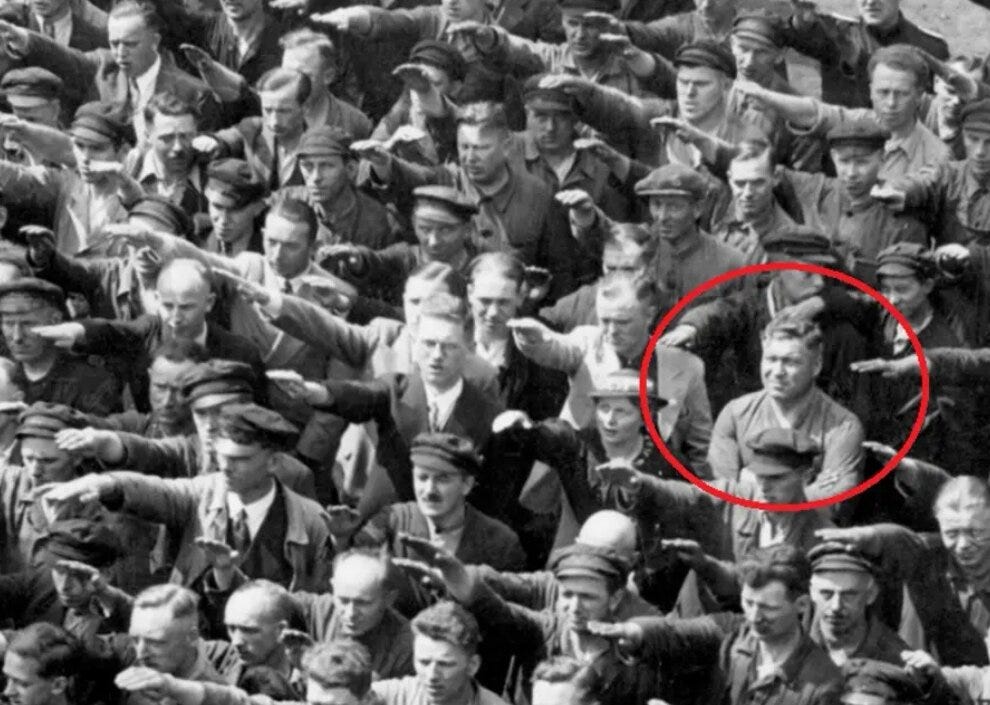How To Think For Yourself.
A reaction to dogma in a time of Covid
I never liked authority. As soon as anyone ever told me to do something, my first question was always: why? When my parents told me not to drink, smoke, or hang around with bad people, I had to do all of it. In fact, for most of my life, I did the opposite of what people would tell me. It seems everyone has suddenly got all up on their goat about a revolution against conventional wisdom. When I was twenty studying philosophy, I was writing essays about disbanding the police, systemic racism and the ethics of private security firms, now it seems entire populations of people are just as possessed as I was with those ideas. Sure I was thinking, but was I really thinking for myself?
In this essay, I couldn’t tell you ‘what’ to think, but I can teach you how to think, how to avoid the pitfalls that lead your mind to become the nesting ground for somebody else’s thoughts, an ideology. You have probably heard the word ideology a lot and think that they are a bunch of ideas, which is not stric…



